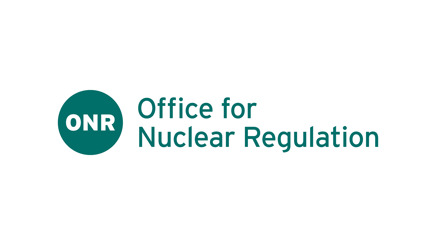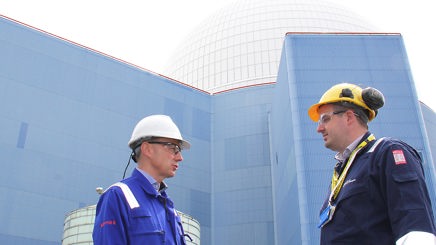Stakeholder engagement
Our mission is to protect society by securing safe nuclear operations. To do this we engage proactively with a wide range of stakeholders at a local, national and international level. We know the views of our stakeholders will vary considerably and we recognise the importance of hearing all views, voices and perspectives: we welcome this diversity.
Inspiring public confidence in our regulation of the nuclear industry is essential to ensure we remain a highly respected and trusted regulator in the UK and internationally, and is a key theme of our Strategy 2020-25 and Stakeholder Engagement Strategy 2020-25.
We operate in an increasingly high profile environment, with a continued focus and attention on the nuclear industry. We have enhanced our levels of stakeholder engagement to respond to public interest in our work from local campaign and pressure groups, NGOs, professionals, media and others.
Our openness and transparency policy underpins our commitment and approach to all our communications and stakeholder engagement – vital in helping to build and maintain public trust.
We always seek to engage with our stakeholders in a balanced and fair way, responding to all perspectives, while being clear about our role, purpose and independence. We have use insight from our stakeholder surveys to improve how we work with our stakeholders.
We use a range of proactive digital methods of communication, including videos, webinars and social media to engage with stakeholders.
We have increased our programme of face-to-face engagement activities with stakeholders including 'NGO' forums (currently being held virtually), a regular Industry Conference, an Annual Finance Industry event, international events and the Chief Nuclear Inspector's Independent Advisory Panel.
Work with other regulators
We work closely with a range of other UK regulators including the Health and Safety Executive, the Environment Agency, Natural Resources Wales, Scottish Environmental Protection Agency and Public Health England. We have several Memorandum of Understandings (MoU) in place - sometimes referred to as a General Agreement - between ourselves and other regulators to ensure that the parties involved understand each other's responsibilities. These are not legally binding documents but they are used to govern relationships.
Areas of engagement
Is this page useful?
Thank you for your feedback.
Thank you for your feedback. To help us improve our website we’d like to know more about your visit today. Please provide more details via our website feedback form.
Thank you for providing your feedback.


